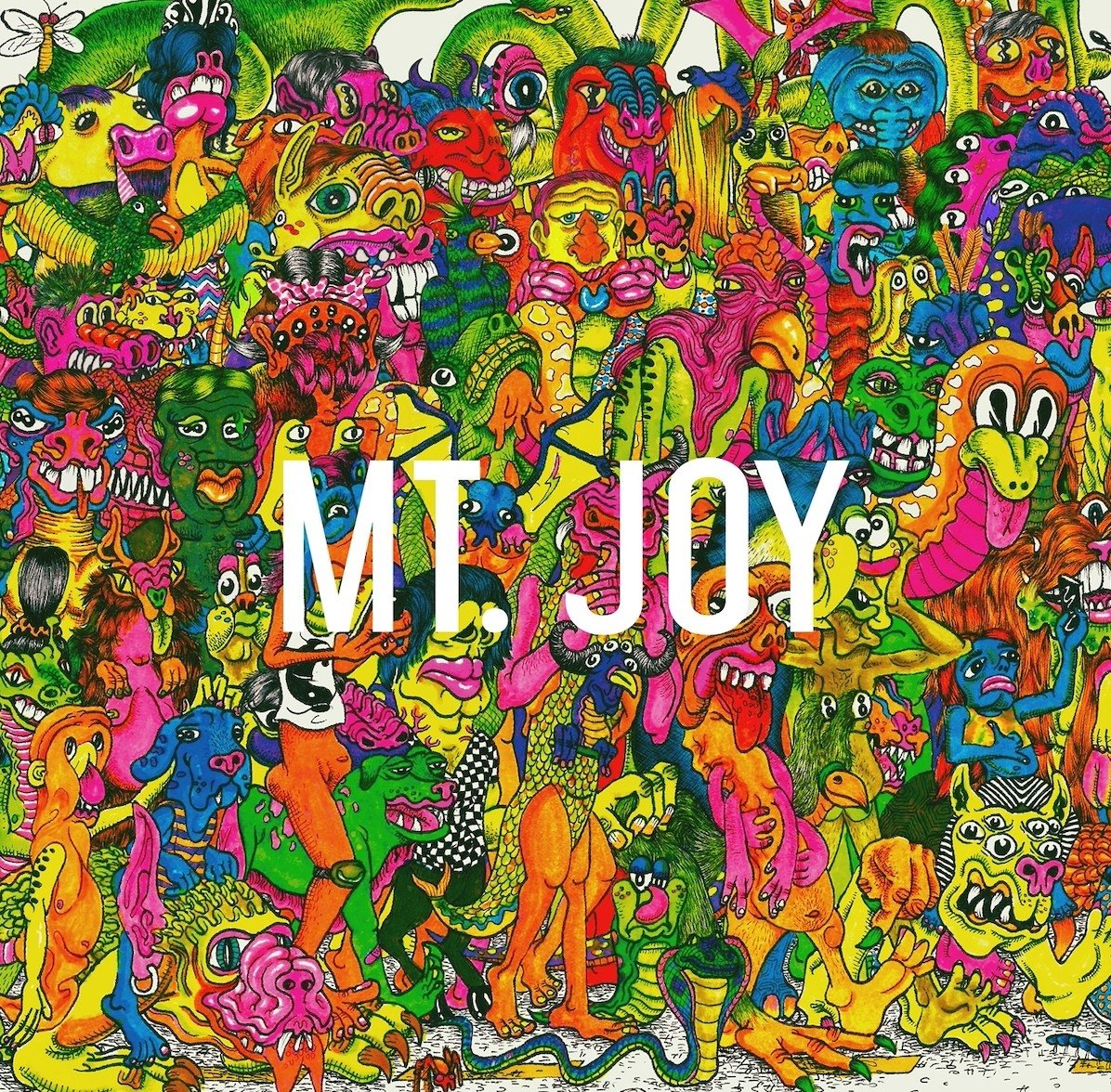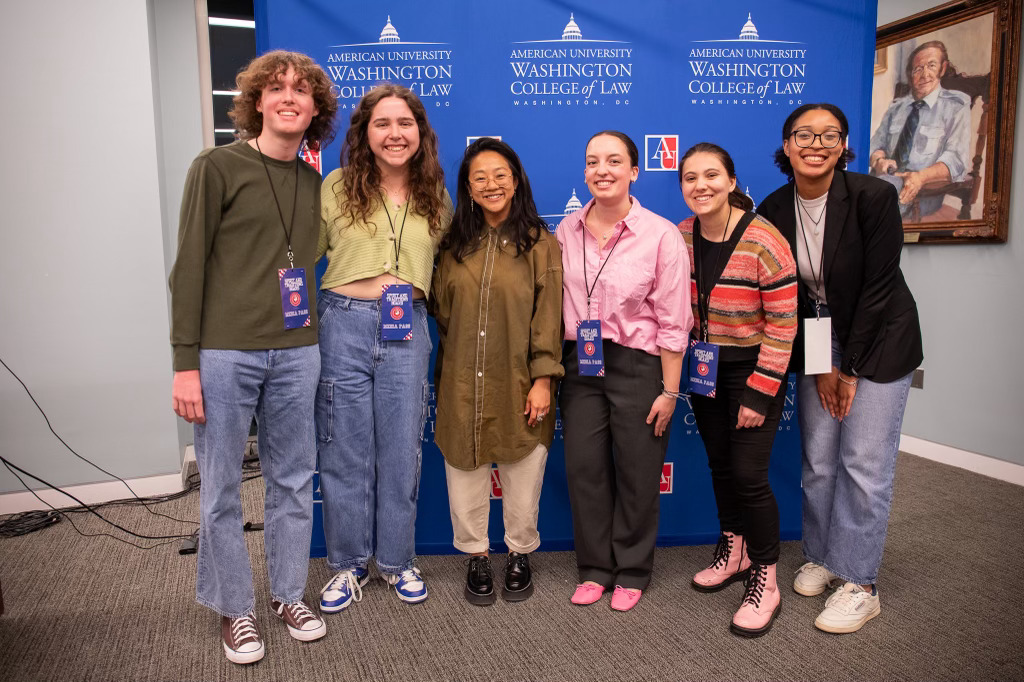Sing Out!: Essential Songs of Protest and Struggle
October 8, 2015
How can song be a medium of protest? Who are the essential songwriters of a generation? If an artist decides to write a song with a “political” message, what are the ramifications? All of these questions will be explored today and in the future of “Prophesize With Your Pen” so stay tuned.
Let’s start out with some basics. If you are reading this column it’s probably because either A. you know me and want to see my face and work on the internet, or B. because you’re genuinely interested in what I have to say about protest music. If choice B. is your rationale for reading this, I want to thank you and lay some foundation for the future posts I will make.
So, let’s begin. Take a listen to this “essential” protest song. I’m sure you’ve all heard it before or at least heard your parents mis-remember one of the lyrics as they try to give you useless advice on change. It’ s called “The Times they are a’ changin’ “by my absolute favorite artist: Bob Dylan.
The song was written in a tumultuous time in American history. The civil rights movement in America was gaining ground, as were War efforts in Viet-Nam. The song is no doubt not directly related to either of these historical occurrences, but nevertheless can be, and often is, used as the title track to the 60s: a time period that saw massive cultural and political changes in American society. However, it must be noted that Bob Dylan was not the only artist of this time period that took a “political” route with his compositions. He was just the best at it. Period. Prior to our friend Bob, the main figures in American folk/protest music were Pete Seeger
Woody Guthrie
and Leadbelly
These figures heavily influenced Bob Dylan and the scores of other folk singers from the Greenwich village folk scene in the early 60s.
Joan Baez
Odetta
and Dave Van Ronk
were some other essential songwriters of the time, whose talents cannot be ignored.
In order to have a solid foundation in the study of protest songs, you must know the history. So start out with the 30s and 40s, even go back to the 20s, where Delta Blues artists like Robert Johnson
and Charley Patton
were laying the foundations of what would become Rock n’ Roll. Although their songs are not directly political, the still nevertheless address struggle, real struggle, but men and women who faced prejudice on a scale and scope unknown to the mass of privileged society.
So if you’re interested in learning about protest music, stay tuned! We’ll go more in depth to the history next time and start discussing some important developments in the history of music that stems from struggle, frustration, and a desire for change. We’ll also discuss the limitations of protest music, and the heady expectations thrust upon artists who dare to take the political route.















